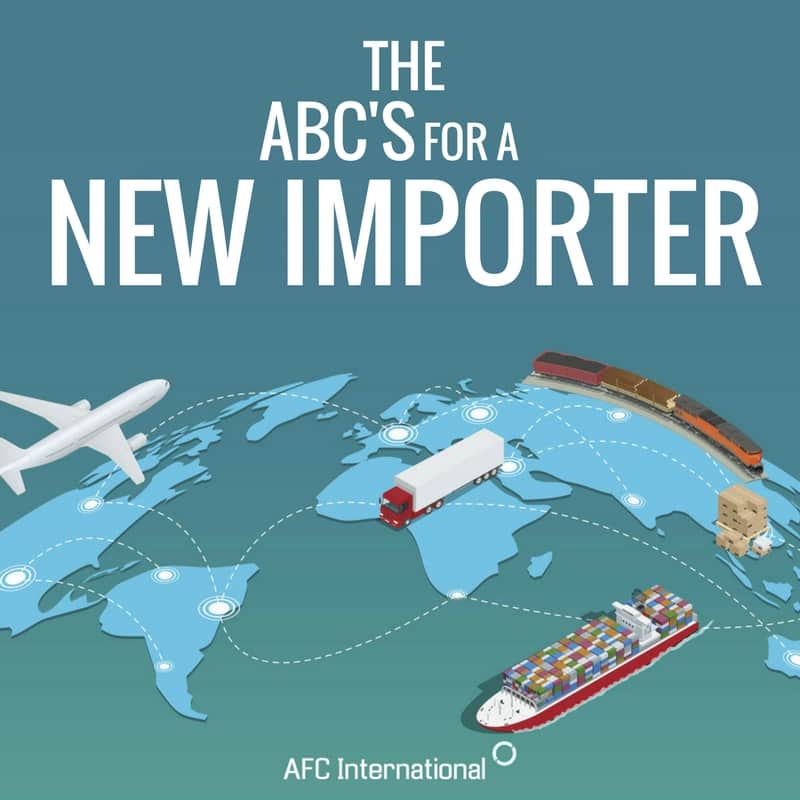Are your imports headed to the United States safely and securely without causing you any importer headaches? Follow these simple steps to make your job as an importer much easier.
Importer Duty Rates

When importing to the U.S., it is important to have your goods classified properly. Importers are responsible for the proper tariff classification for their imports. The Harmonized Tariff Schedule (HTS) is an internationally recognized system of names and numbers to classify your goods.
Our importer’s guide to duty rates will teach you what you need to know to get your imports approved quickly and assigned the correct duty rates.
Incoterms Outline Your Transfer of Goods
Incoterms are three-letter trade terms used in international and domestic sales of good contracts. The trade terms outline the transfer of goods responsibilities for sellers and buyers.
Learn more about Incoterms and why they are so important with our seven answers to Incoterms questions you need to know.
ISF is for Ocean Shipments
Short for Importer Security Filing, the ISF is a U.S. Customs and Border Protection (CBP) regulation that affects ocean shipments entering the U.S. ISF requires submitting electronic digits of 10, two and five data elements, which are dependent on the type of shipment or party filing. ISF filings allow the CBP and the Department of Homeland Security to identify high-risk shipments to prevent smuggling and provide enhanced cargo security and safety.
Read our ISF guide to learn everything you need to know about ISF and why it’s needed.

Purchase Surety Bonds

Purchasing a surety bond through a Licensed Customs Broker ensures your shipments have the appropriate bond as well as adequate coverage. Importers importing merchandise into the U.S. must provide a surety bond, also known as a customs bond, to the CBP to assure financial responsibility. Learn more about surety bonds and what you need to know about them.
Find Your Port of Entry for Imports
There are several different ports along the U.S. coastline where imports arrive from all over the globe. Use the U.S. Customs port list to find the port you are looking for and read up on our guides on west coast ports of entry and east coast ports of entry.
File the Correct U.S. Customs Forms
Commodity import requirements and paperwork the CBP requires can be handled by Customs Brokers. The following is a sampling of the import document paperwork that should always be included with your imports:
- A commercial invoice that lists the purchase price, country of origin and tariff classification of your items
- A packing list detailing your imports
- A bill of lading that lists goods in the form of a receipt
- An arrival notice from the U.S. agent

Best Importing Resources for Importers
Are you aware of all the importing resources out there to assist you with getting your goods imported to the United States quickly and efficiently? Up your importer game with the six best importing resources for importers.
Set Up a Customs Broker Account
Use the assistance of a Customs Broker to help your import goods arrive quickly and securely. Learn what you need to know to set up a Customs Broker account today and find out what services customs brokers perform.

